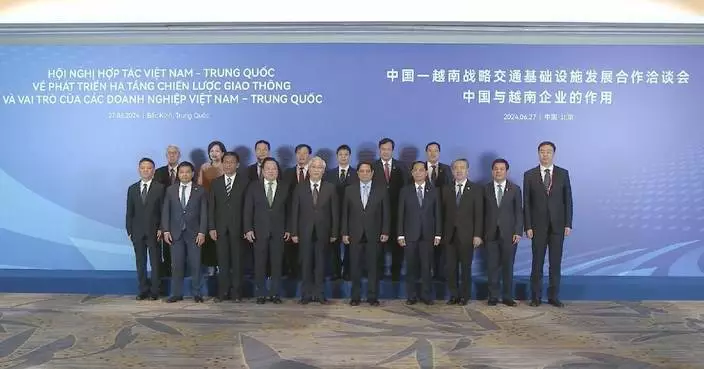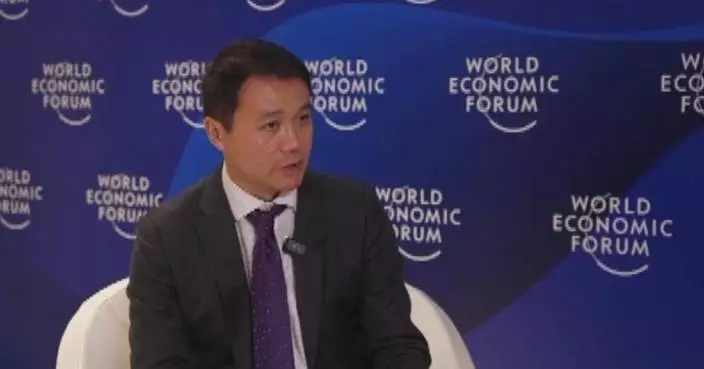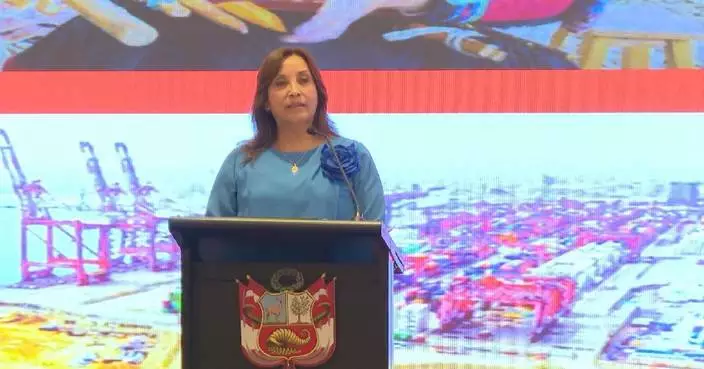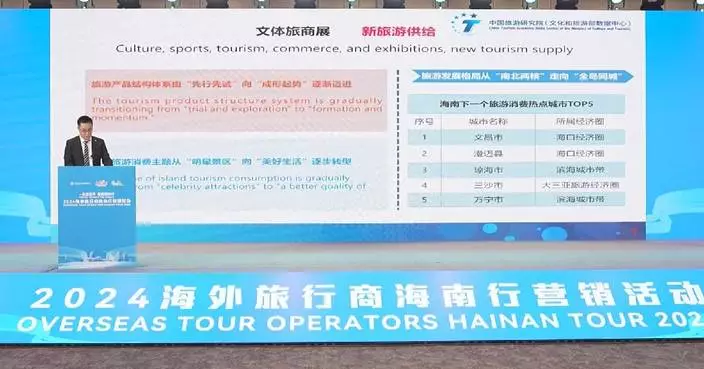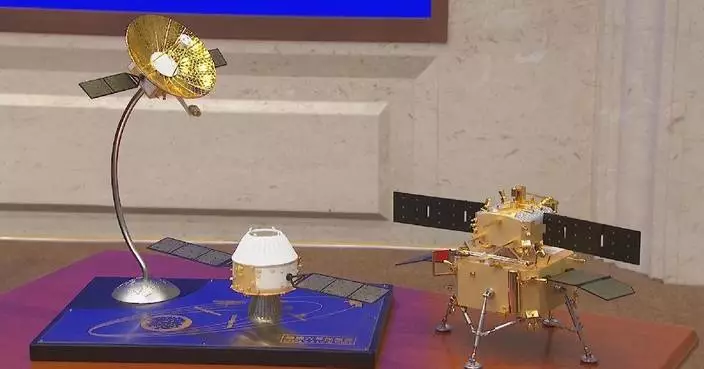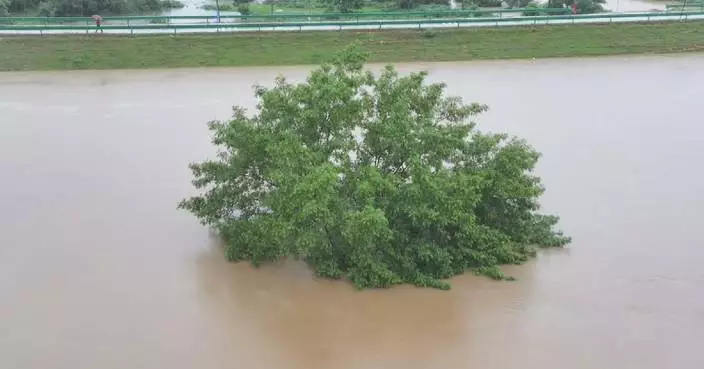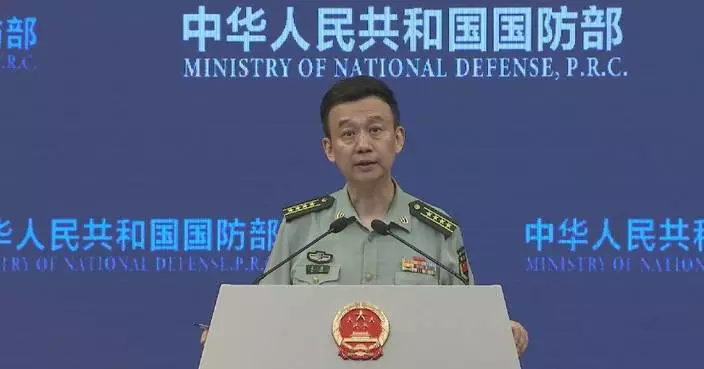Chinese Foreign Minister Wang Yi has sent a congratulatory letter to the China-ASEAN Future Relations Forum, which kicked off Wednesday in the Indonesian capital city of Jakarta.
In the letter, Wang, also member of the Political Bureau of the Communist Party of China Central Committee, recalled that Chinese President Xi Jinping and leaders of ASEAN countries in 2021 attended the ASEAN-China Special Summit to Commemorate the 30th Anniversary of ASEAN-China Dialogue Relations, and announced the establishment of China-ASEAN comprehensive strategic partnership.
Currently, the China-ASEAN comprehensive strategic partnership has been growing with a strong momentum, with fruitful results achieved from the jointly building of a peaceful, safe and secure, prosperous, beautiful and amicable home, he said.
The two sides have been each other's largest trading partners for four consecutive years, and the landmark projects in high-quality construction of the "Belt and Road" have been executed one after another, and the scale of people-to-people and cultural exchanges has accelerated, bringing tangible benefits to the more than two billion people on both sides, he noted.
Wang stressed that China and ASEAN have similar development paths and similar modernization concepts.
Noting that this year marks the 70th anniversary of the Five Principles of Peaceful Coexistence, he said that the Five Principles of Peaceful Coexistence are highly in line with the Ten Principles of the 1955 Bandung Conference and the spirit of the ASEAN Charter.
China is comprehensively promoting the great cause of building itself into a strong country and national rejuvenation with Chinese-style modernization, while the building of the ASEAN Community has entered a new stage, said Wang.
As China and ASEAN are friendly neighbors and reliable long-term comprehensive strategic partners to each other, China is willing to strengthen synergy in development strategies with ASEAN, firmly support the construction of the ASEAN community, support ASEAN centrality in the regional architecture, work together with ASEAN to achieve common development, and jointly promote regional peace, stability and prosperity, said the Chinese foreign minister.
Wang noted that it's expected that the participants will take the forum as an opportunity to put forward suggestions and proposals for future development of China-ASEAN relations, promote the building of a closer China-ASEAN community with a shared future, and work with all parties to actively implement the Global Development Initiative, the Global Security Initiative and the Global Civilization Initiative, so as to inject new impetus into promoting anequal and orderly multipolar world and a universally beneficial and inclusive economic globalization.
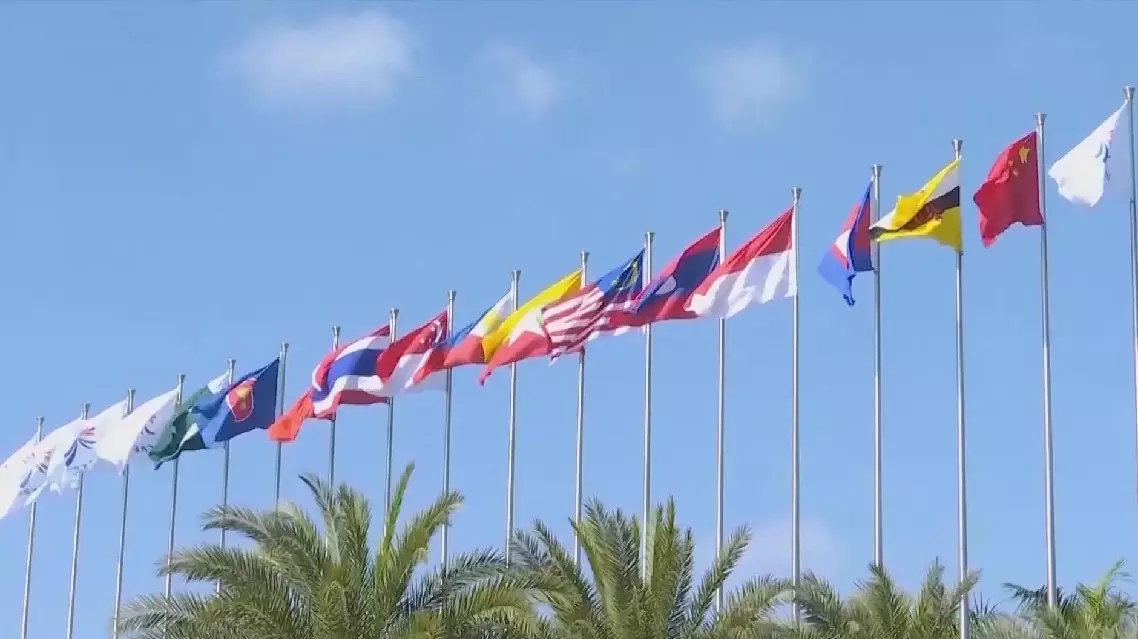
Chinese foreign minister sends congratulatory letter to China-ASEAN Future Relations Forum
A number of young Iranian voters have been actively voicing their demands ahead of Friday's presidential election despite predictions of a low voter turnout due to candidates' failure to connect with the younger demographic.
Iran's 14th presidential election, initially slated for 2025, was rescheduled following the tragic death of the late President Ebrahim Raisi in a helicopter crash in the country's mountainous northwestern region last month.
The younger age bracket of voters in Iran constitutes nearly one-third of the country's 61 million eligible voters. They hold substantial sway in shaping the upcoming election and their collective influence could significantly impact the electoral outcome.
"I hope the next president continues along the path of President Raisi, and doesn't go back to the ways of former presidents who made many compromises with the West. I don't want to go back to the time when our president did not believe in resisting the West. I want the new president to take us to the highest level of civilization, where Islam rises with our efforts," Morteza Taghavi, a resident in the capital Tehran, told China Global Television Network (CGTN).
Shirin Hashemi, another Iranian citizen, emphasized the need for cultivating a more positive atmosphere across society.
"We need cultural change, open access to the internet. We like to have freedom. As an Islamic country, we like to have freedom. A person who wants to wear the hijab can wear it, but don't force the hijab, because it distances people from Islam. Other countries will form a bad image of us. We need a positive atmosphere," she said.
With the election date nearing, many believe there is a pressing need to re-engage Iran's youth politically, and despite all eligible presidential candidates acknowledging the significance of the younger generation, none have effectively addressed their concerns.
Dr. Taghi Azadarmaki, an Iranian sociologist and advocate for the sole reformist candidate Masoud Pezeshkian, expressed concern over the level of disconnect between the politicians and the younger demographic in Iran, who he said are more concerned with their own set of priorities.
"They want to go out, to have a job, to have respect, to have a family. That's it. Nothing more than that. Somehow if they could find it, later on they would ask for democracy, freedom. Now they are not going to think about democracy. Even Dr. Pezeshkian could not raise a main point to ask people, listen, and then have a social mobilization to give them both," said Azadarmaki.
In recent years, voter turnout has steadily declined, hitting an all-time low of 41 percent in the legislative elections last March, highlighting the considerable disengagement from young people and politics.
"Youth people, now, they are absent. They are not in the streets, not in the city even, and you cannot see them in politics. They are working their own life. Most of them they are going to get experience, knowledge and capitals to do something in and go out," Azadarmaki observed.
Iran had earlier announced the names of six qualified candidates for the upcoming presidential election, but as the crunch date on Friday approaches, some have started to drop out of the running.
Tehran mayor Alireza Zakani pulled out of the presidential race on Thursday, becoming the second nominee to announce his withdrawal after current Vice President Amir-Hossein Ghazizadeh Hashemi withdrew the previous day.
Ghazizadeh Hashemi said he had quit in order to uphold unity within Iran's conservative ranks and in response to calls from influential factions to bolster the revolutionary forces' front. He expressed hope that the other principle candidates in the race, namely Mohammad Baqer Qalibaf, speaker of the Iranian Parliament, and Saeed Jalili, the former chief nuclear negotiator, would reach a consensus before the election.
In addition to former Iranian health minister and reformist Pezeshkian, the other remaining candidate is Mostafa Pourmohammadi, a former minister of the interior.
As election day looms, the challenge persists for candidates to bridge the gap and inspire broader participation among Iran's youth on polling day, with their views seen as pivotal in shaping the nation's future trajectory.
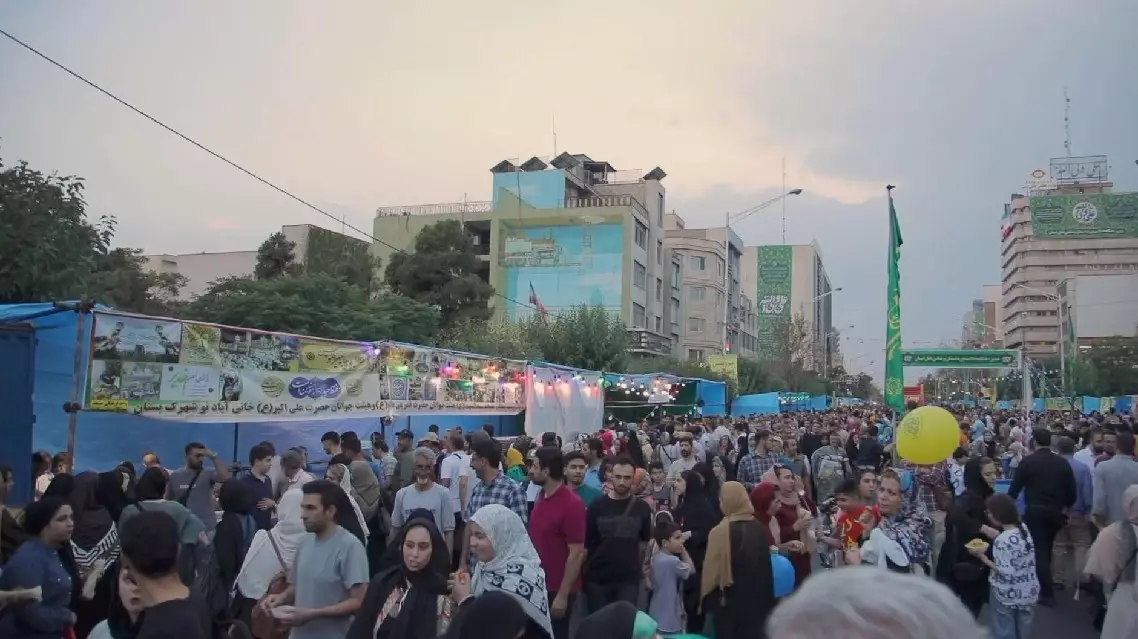
Iranian youths voice demands as presidential election looms amid low turnout fears




